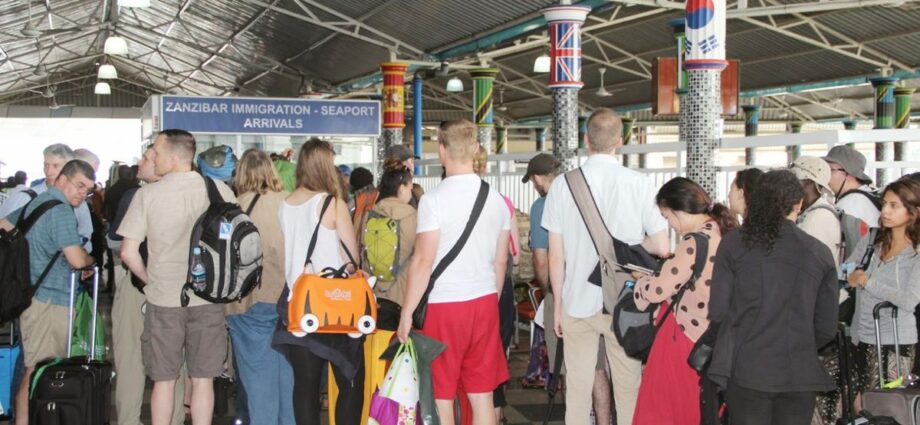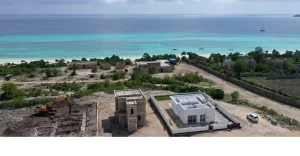Arusha. The Tanzania Association of Tour Operators (Tato) has strongly opposed the Zanzibar’s newly introduced policy requiring foreign tourists to purchase inbound travel insurance starting October 1.
Under the new regulation, all non-resident visitors must obtain this insurance, which costs $44, in addition to their Tanzania e-Visa.
Tato chairman Wilbard Chambulo has faulted the policy as an unnecessary and duplicative burden on tourists.
“The proposed compulsory insurance policy is irrational. It’s rare for tourists to travel without insurance, so this requirement is a needless duplication,” he said. International travel agents, according to Mr Chambulo, are questioning the rationale behind requiring tourists to buy insurance through the Zanzibar Insurance Corporation (ZIC), a government-run entity.
He argued that the insurance mandate should focus on those without existing coverage and allow tourists to choose from a range of insurance providers.
“The government’s role should be to ensure that all visitors have insurance, not to dictate the price or the provider,” Mr Chambulo added.
He described the policy as resembling a tax rather than a legitimate requirement.
Mr Chambulo expressed concern that while the $44 fee might not significantly deter tourists, it could harm Zanzibar’s reputation.
He proposed an alternative such as a Zanzibar conservation fee, which could fund tourism development and healthcare infrastructure.
This, he suggested, might be more acceptable to tourists than the compulsory insurance.
Further, Mr Chambulo questioned whether ZIC, acting as the main insurer, functions as a commission agent and how much of the $44 fee it retains.
He stressed that government involvement in what should be a private sector matter risks creating a monopolistic impression.
The Zanzibar government’s policy mandates that from October 1, all foreign visitors entering Zanzibar must purchase inbound travel insurance for up to 92 days.
The insurance, available exclusively from ZIC starting September 1, covers emergencies such as medical repatriation, evacuation, and other contingencies.
Visitors who stay beyond 92 days must purchase a new policy, and non-compliance could result in entry denial.
The policy aims to ensure visitor safety and address potential travel risks but has faced criticism for potentially undermining Zanzibar’s tourism appeal.















